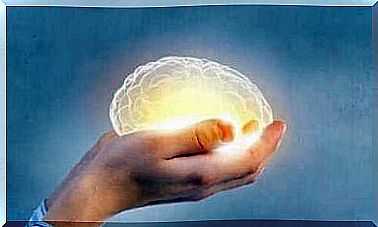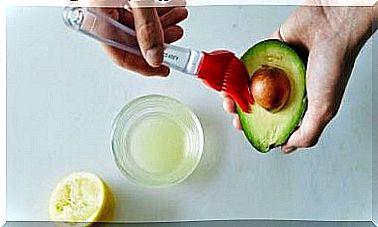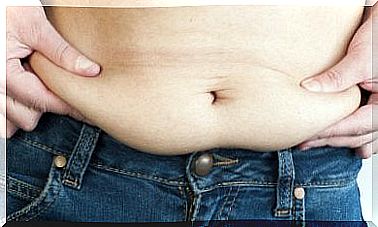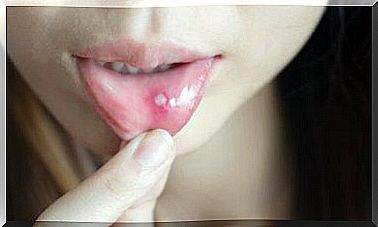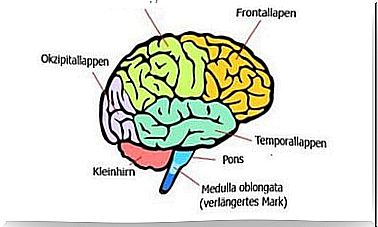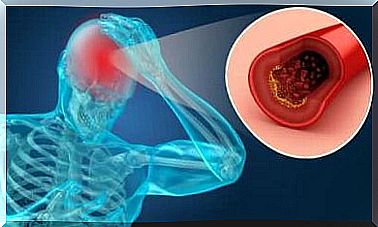Four Types Of Headache And Their Treatment
Everyone knows them, everyone has had them before: Headache. But they are not always the same and vary in intensity. In this article, we’re going to introduce you to four types of headache, each of which can be treated very differently.

Everyone knows it, everyone has had it: a headache. But they are not always the same and vary in intensity. In this article, we’re going to introduce you to four types of headache, each of which can be treated very differently.
Which treatment method is effective in which case depends primarily on a correct diagnosis and certain habits that the patient can follow in order to reduce the frequency of symptoms.
If these four types of headache can be differentiated , it is easier to classify it accordingly. We will go into the individual types in detail below.
Four types of headache
1. Migraines

Migraines are one of the four types of headache that often affects people who suffer from them. It is hereditary, which means that the condition can most likely be traced back to another family member.
This type is the most common, followed by tension headache, as Yusta Izquierdo et al. in their article “ Cefalea (II). Migraña ” . The characteristics include:
- The pain occurs in one part of the head and lasts for three days.
- It is noticeable by pulsing and increases with certain movements, for example when bending over or standing up.
- Nausea and vomiting are also common.
- There is an extreme sensitivity to light and noise, which is why sleep, darkness and rest provide a remedy.
Migraines can occur due to menstrual cramps, stress, certain foods and drugs, or climate changes.
Since this is not a disease that can be cured, appropriate treatment, exercise, and stress reduction are required.
2. Tension headache
This second form is also known as the primary headache. Unlike migraines, it usually occurs on the back of the head, neck or forehead. The intensity is rather moderate; there is neither nausea nor vomiting.
The symptoms are less disturbing, as the patient can usually cope with his everyday life as normal, including doing sports. However, they are more common and last from one to seven days.
The causes of tension headaches have been linked to excessive consumption of nonprescription drugs.
But stress, abstinence from caffeine or grinding your teeth can also be a reason. In many cases, taking ibuprofen will significantly alleviate the symptoms.
3. Chronic headache

Like tension headaches, uncontrolled use of drugs that are not available on prescription is often the trigger for this type of primary headache.
The only difference is that the type mentioned here occurs almost every day: The affected person suffers from the symptoms for an average of 15 days per month.
It is therefore advisable to stop taking the medication and initiate treatment with antidepressants and muscle relaxants.
4. Cluster headache
The last of the four types of headache is what is known as a cluster headache. Even if some of its symptoms are mistaken for migraines, these are different:
- Unbearable pain in the eye area and on one side of the head
- Nasal congestion and occasionally runny nose from the area where the pain is originating
- Drooping eyelid and swelling around the affected eye
- Pale skin or redness
The cluster headache usually only lasts a few minutes, but occurs in different episodes throughout the day. Usually it is noticeable in the evening. The onset of symptoms usually lasts for several weeks.
As in the case of the previous forms, special treatment is also required here to keep the outbreaks under control. However, the pain can often be tolerated with ibuprofen or paracetamol.
Do any of the symptoms mentioned here apply to you? Have you been diagnosed with migraines or any of the other four types of headache?
Now that you’ve learned about these, it’s easier to identify them. Note, however, that treatment should always be carried out by a doctor.
